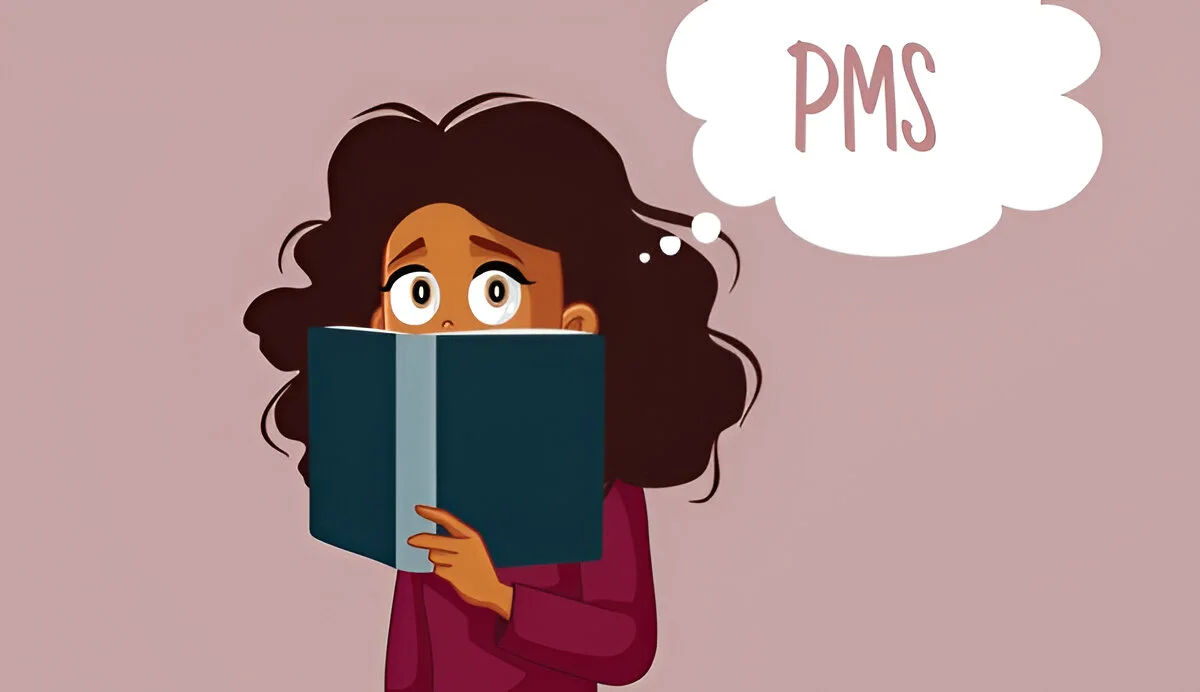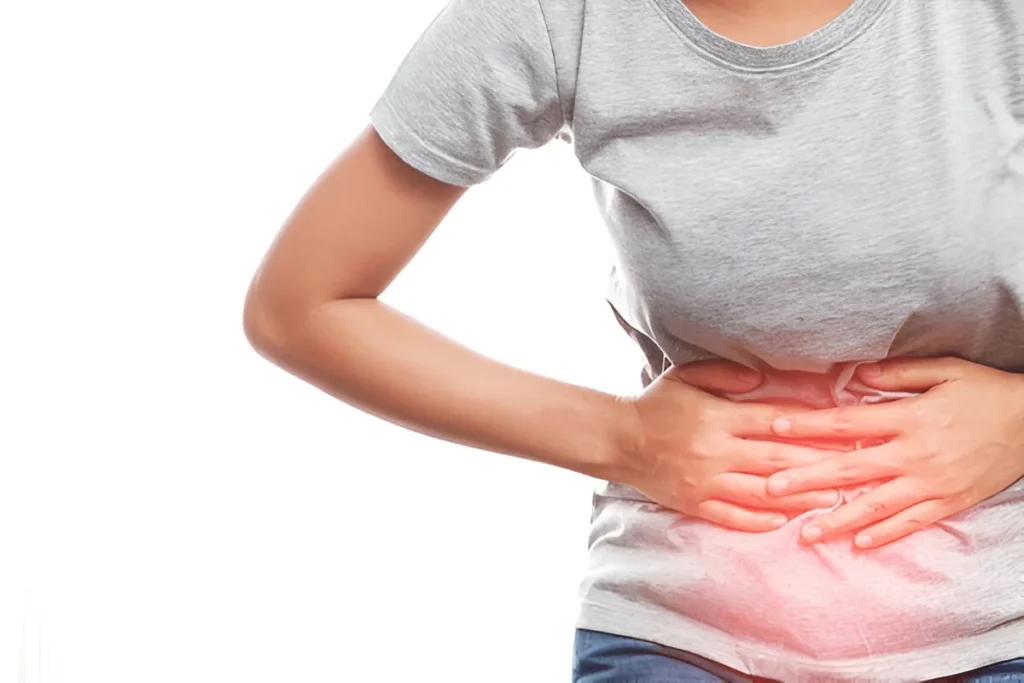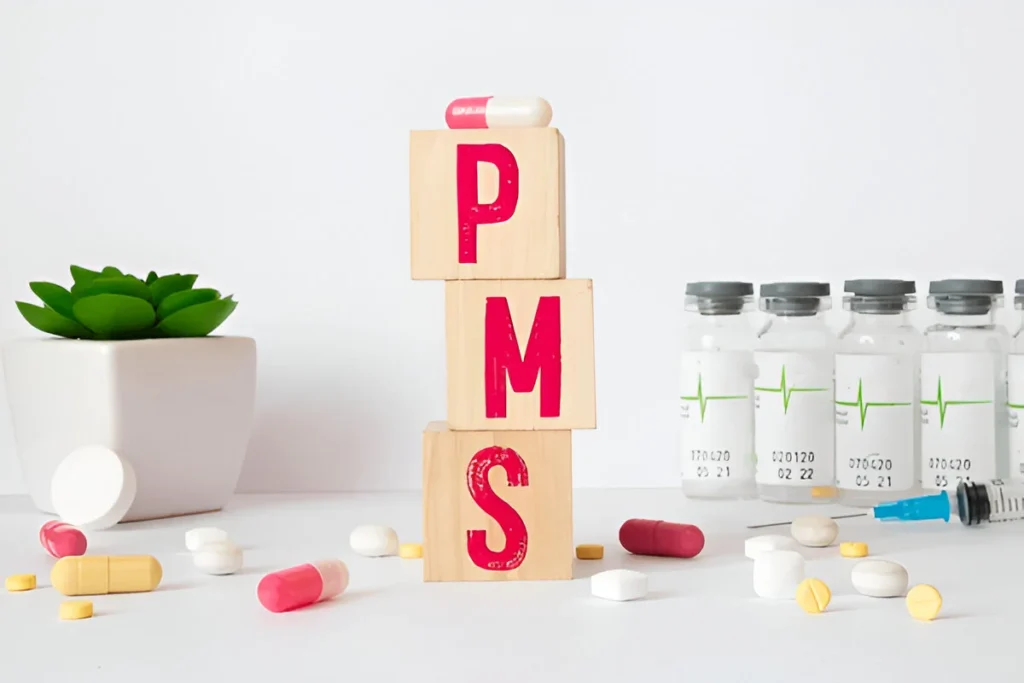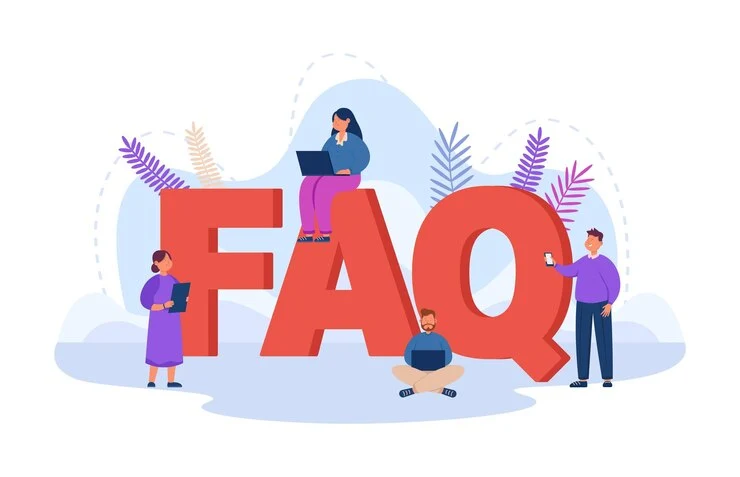-
Ganesh Talkies, Kolkata
Ganesh Talkies, Kolkata

How to reduce PMS symptoms naturally with diet, lifestyle, and expert tips from a reputed gynecologist for lasting relief.
Premenstrual Syndrome (PMS) is something most women experience at some point in their lives. It usually appears in the days leading up to menstruation and can bring a mix of physical, emotional, and behavioral changes. For some, it may mean slight discomfort, while for others, PMS can be so intense that it disrupts work, studies, relationships, and daily routines.
PMS happens because of hormonal fluctuations—primarily estrogen and progesterone. These changes affect not only the body but also the brain chemicals, leading to mood swings, irritability, bloating, and fatigue. While medical treatment is sometimes necessary, there are effective and natural ways to reduce PMS symptoms and restore balance.

PMS doesn’t look the same for everyone, but common symptoms include:
Recognizing these symptoms is the first step toward managing them naturally.
While medications can ease PMS, relying solely on them may not always be the best approach. Natural remedies work by addressing the root cause—hormonal balance, nutrition, and lifestyle. They also carry fewer side effects, making them sustainable for long-term health.

Your diet plays a powerful role in controlling PMS. Certain foods can worsen symptoms, while others help regulate hormones and energy.
Exercise improves circulation, reduces stress hormones, and triggers the release of endorphins—the body’s natural mood boosters.
Even 30 minutes of daily activity can significantly reduce PMS symptoms over time.
Stress is one of the biggest triggers that worsen PMS. Natural stress relief techniques can make cycles much easier to manage.
Some natural remedies have been studied for their effectiveness in balancing hormones and easing PMS.
Tracking symptoms helps you identify patterns and triggers. By writing down mood changes, cravings, and energy levels, you can make adjustments in diet, sleep, and activities accordingly. This simple habit empowers women to take control of their cycles.
Sometimes, PMS symptoms may become severe enough to interfere with daily functioning. In such cases, professional guidance is important. Persistent pain, extreme mood swings, or very irregular cycles could be signs of conditions like PMDD (Premenstrual Dysphoric Disorder) or other hormonal imbalances.
For women in Kolkata, consulting the best lady gynecologist in Kolkata, such as Dr. Megha Khanna, can provide a tailored approach. With her expertise in women’s health and holistic care, patients often find a combination of medical and natural strategies that bring lasting relief.

Q1. Can diet really help in managing PMS?
Yes, food choices significantly affect hormone balance. Eating more whole, unprocessed foods while reducing caffeine, alcohol, and sugar can lessen bloating, irritability, and fatigue.
Q2. Is exercise safe during PMS?
Absolutely. Light to moderate exercise helps release endorphins, reduces cramps, and improves mood. However, listen to your body and avoid overexertion.
Q3. Which natural supplements are best for PMS?
Magnesium, vitamin B6, calcium, and herbal options like chamomile or ginger are often helpful. Always consult a specialist before starting supplements.
Q4. How do I know if my PMS is abnormal?
If your symptoms are so severe that they disrupt your work, studies, or relationships, or if they don’t improve with lifestyle changes, it’s time to seek medical advice.
Q5. Can stress make PMS worse?
Yes, stress is directly linked to worsening symptoms. Mindfulness practices, adequate sleep, and relaxation techniques can help reduce stress levels.
PMS may be a common experience, but it doesn’t have to control life every month. With the right mix of nutrition, exercise, stress management, and natural remedies, it’s possible to reduce PMS symptoms effectively and naturally. For women needing additional support, consulting a trusted specialist like Dr. Megha Khanna, ensures a well-rounded approach that prioritizes both medical care and lifestyle wellness.